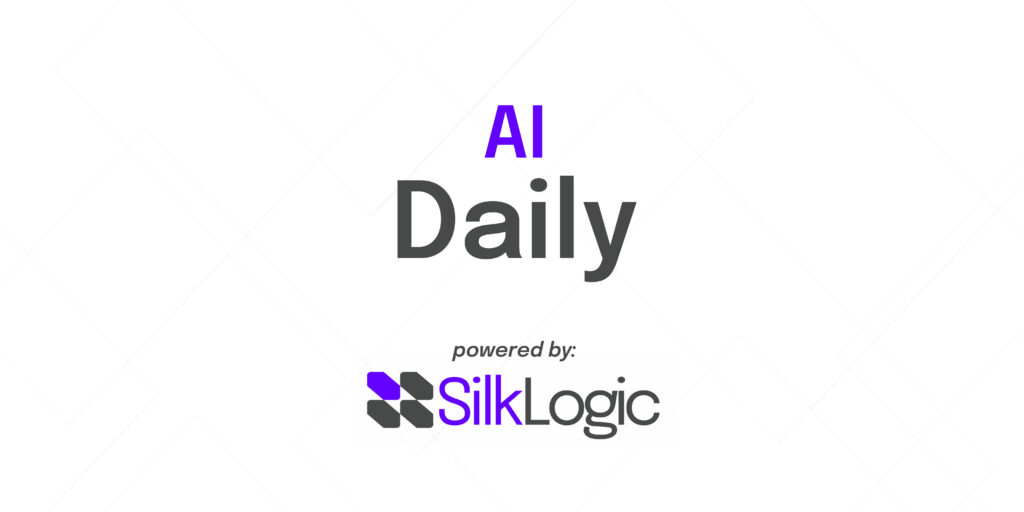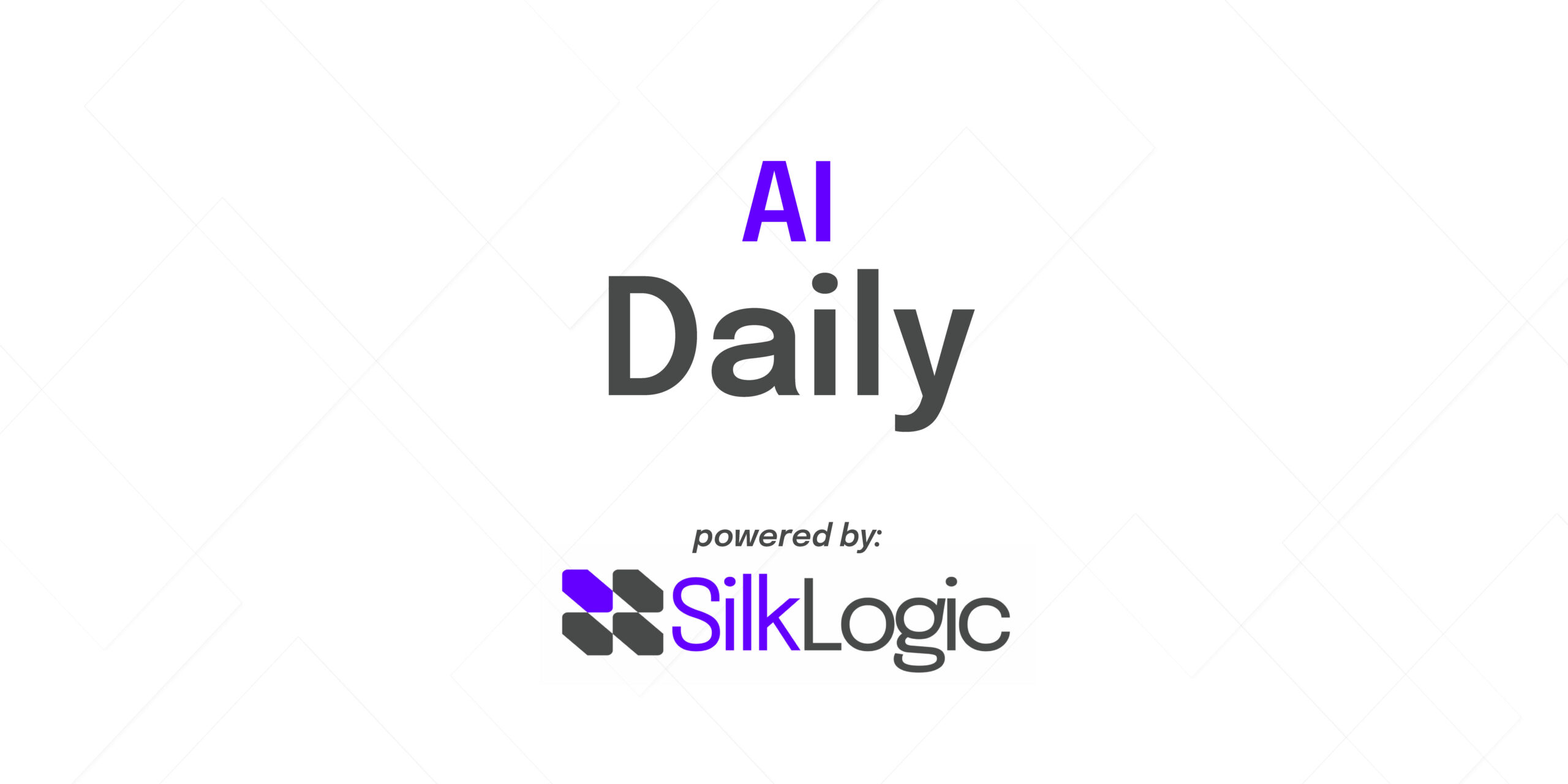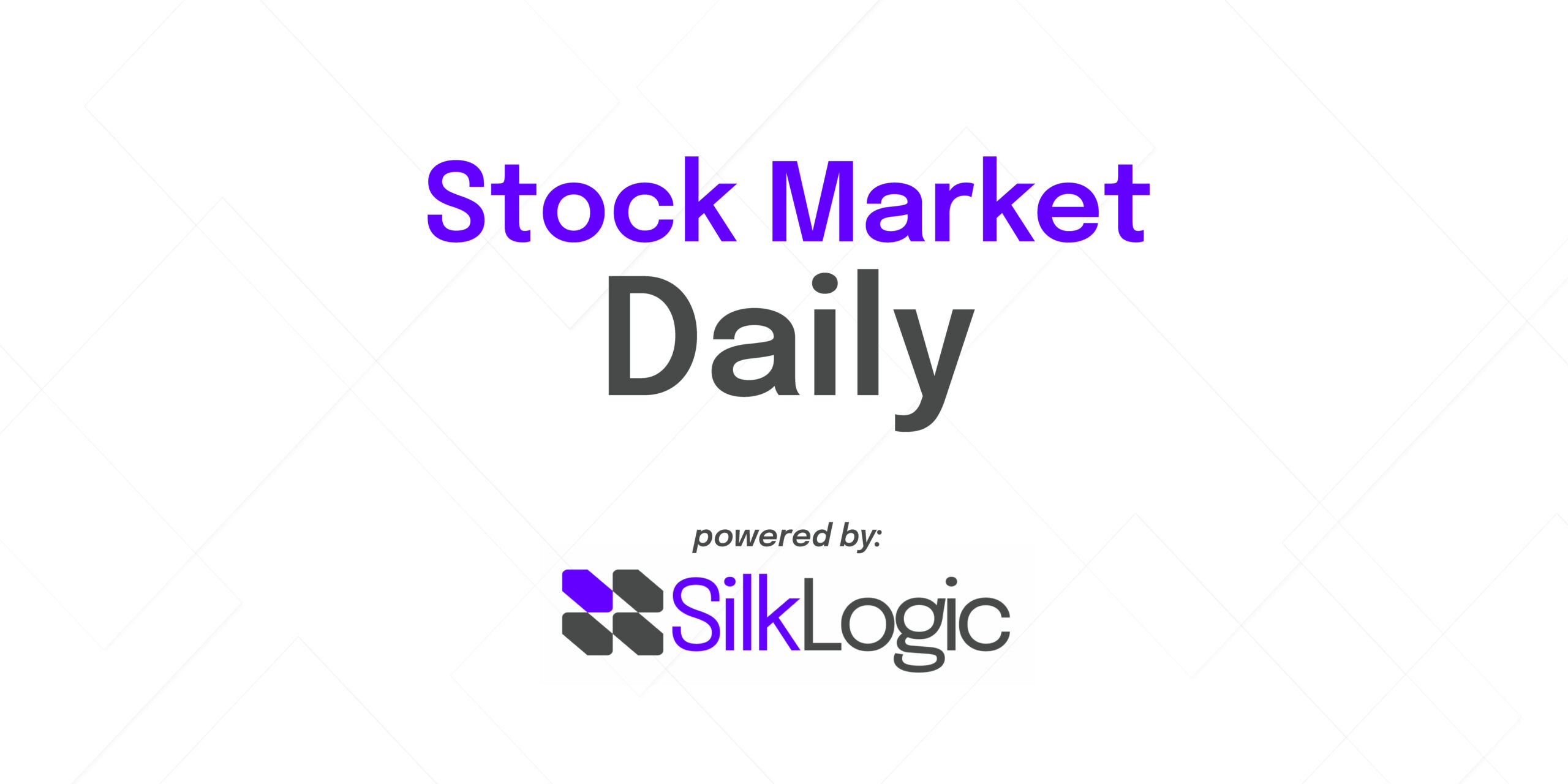Listen to today’s podcast: https://www.youtube.com/channel/UC-nqwUyvLDEvs7bV985k-gQ
AI Daily Podcast
Today’s podcast episode was created from the following stories:
Google tweaks Gemini’s Android app with a fresh homepage and ‘My Stuff’ view
By Brady Snyder — November 17, 2025
Google rolled out a refreshed Gemini app on Android with a cleaner homepage, a fully black dark mode, and a new My Stuff hub that collects your AI-generated images, videos, and Canvas projects. The update (version 16.45) also adds faster chat controls and easier access to rename, pin, or delete conversations, signaling Google’s push to make content creation a first-class use case in Gemini. The redesign is live on Android via a server-side update, with iOS and web changes still to come.
AI is reshaping how McKinsey makes money
By Polly Thompson — November 17, 2025
McKinsey says roughly a quarter of its global fees now come from outcomes-based pricing, reflecting how AI-driven, multi-year transformations are changing client expectations. Instead of billing by scope and hours, more deals tie fees to measurable results like revenue, profit, and customer satisfaction. The shift mirrors a broader consulting realignment, with firms like EY exploring “service-as-software” models as AI agents take on more work.
Jeff Bezos takes the reins as co-CEO at a new AI startup
By Ece Yildirim — November 17, 2025
Jeff Bezos is investing $6.2 billion in Project Prometheus and joining as co-CEO alongside physicist and chemist Vik Bajaj, aiming to build AI for engineering and manufacturing across industries. With nearly 100 staff, including veterans from OpenAI and Meta, the startup is one of the most well-financed early-stage AI companies. It marks Bezos’s first operational leadership role since stepping down as Amazon CEO in 2021.
I looked into CoreWeave and the abyss gazed back
By Elizabeth Lopatto — November 17, 2025
The Verge dives into CoreWeave’s rapid rise and unsettling risks: towering debt, heavy dependence on Nvidia hardware and financing, and customer concentration with Microsoft, OpenAI, and Meta—who may ultimately become competitors. While revenue is surging, critics argue profitability relies on best-case AI demand and accounting choices that obscure true margins. The piece frames CoreWeave and similar “neoclouds” as structures that ultimately amplify Nvidia’s sales, highlighting potential fragility in the AI infrastructure boom.
Call of Duty: Black Ops 7 is getting a brutal kicking from players over its use of AI
By John Walker — November 17, 2025
Despite solid critic scores, Black Ops 7 is getting hammered by players, who cite a weak campaign, bugs, and the inclusion of AI-generated art in banners and in-game assets. Activision’s response—that it uses a variety of digital tools, including AI—has only intensified backlash, pushing user scores to franchise lows. The uproar shows how sensitive gamers remain to perceived “AI slop,” especially when it appears to replace human artistry.
Call of Duty’s art slop leads US congressman to demand AI regulation
By John Walker — November 17, 2025
Following the Black Ops 7 controversy, Rep. Ro Khanna called for regulations to prevent companies from using AI to eliminate jobs, arguing workers should have a say and share in profits, with a tax on mass displacement. The exchange sparked broader debate about feasibility and the role of policy in balancing innovation with worker protections. It underscores how public backlash can spill into policy discussions as AI proliferates in creative industries.
Samsung Galaxy Buds 4 Pro leak shows a major redesign and wild new feature
By Jay Bonggolto — November 17, 2025
Leaked firmware hints that Samsung’s Buds 4 Pro will refine the stem-style design, shift to a flat-lay charging case, and add a small case battery bump. A standout “Head Gestures” feature could let users nod or shake to answer calls, dismiss alerts, or respond to AI prompts hands-free, alongside upgrades like 360° audio recording and adaptive noise control. An early 2026 launch looks likely, pending official confirmation.
From app overhauls and hardware leaks to boardroom strategy and infrastructure scrutiny, today’s stories show AI reshaping everything from how we build, price, and power products to how audiences and policymakers push back. As capital floods into ambitious bets like Project Prometheus and CoreWeave, user expectations—and potential regulation—are emerging as powerful forces that will shape what sticks. We’ll be watching how real-world value, trust, and accountability guide the next wave.





